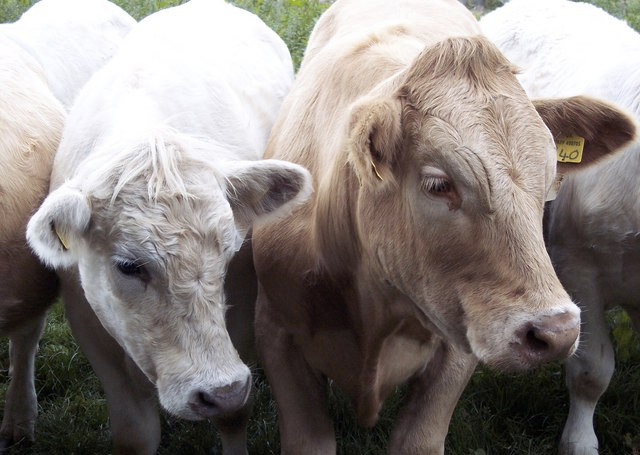
Farmers who are late testing their cattle under compulsory TB rules will be fined a proportion of their CAP payments from next month, Defra have announced.
On-farm TB testing is currently done by vets working for private businesses (usually farmers’ own vets) who are trained, appointed and paid by APHA to do the work.
Over 650 veterinary businesses currently perform this role and well over 2,000 individual vets are approved testers.
From January, farmers can expect a portion of their CAP payments to be taken away if their testing deadlines are not met.
But Minette Batters, NFU Deputy President, said this should not be a blunt tool to punish farmers who fail to test for reasons beyond their control.
"It is crucial for disease control that TB tests are carried out on time and the vast majority of farmers are already doing this.
"But while control of this disease is absolutely essential, this shouldn’t be used as a blunt instrument where farmers have arranged to get a test done on time but have been unable to do so for reasons beyond their control, like no vet being available or a vet cancelling an appointment.
"We have raised concerns with the Rural Payments Agency (RPA) about whether they are actually checking the information linked to late tests to see if there are any genuine extenuating circumstances or simply fining all farmers who are late with a test.
"We have also raised concerns with Defra about whether veterinary practices and APHA staff are providing the RPA with mitigating information in cases where there has been a genuine reason for a delayed test which was beyond the farmer’s control."
From April 2015, APHA will manage TB testing through Delivery Partners who have successfully tendered for the work. These Delivery Partners will be responsible for testing in one or more geographical regions of England and Wales. A tendering exercise is under way and announcement of the successful Delivery Partners is planned for early 2015.
Animal keepers will still be responsible for arranging the testing and will need to liaise with the Delivery Partner for their geographical region. Delivery Partners will then allocate and monitor the quality of this work.
Simon Hall, APHA’s Veterinary Director said: “Testing will always be performed by a fully qualified vet but the new arrangements will help ensure that on-farm testing is as effective as it is possible to be in detecting disease, and that the taxpayer is only being asked to pay what is necessary for the testing.”
APHA understands the importance of the relationship between individual farmers and their vets in protecting the health and welfare of animals. For this reason Delivery Partners are contractually required to offer testing work to veterinary businesses operating within their geographical region.
Livestock keepers will be able to express a preference for a particular sub-contracted veterinary business to do their testing, and this will be honoured where possible. Keepers who wish for testing to be done by other vets can continue to pay for this privately.
